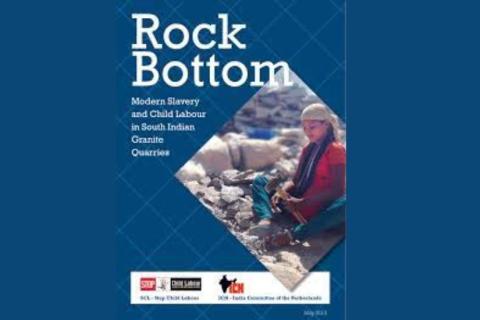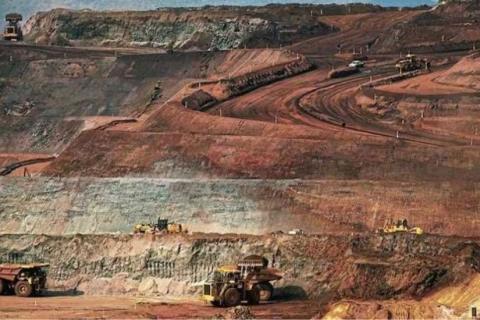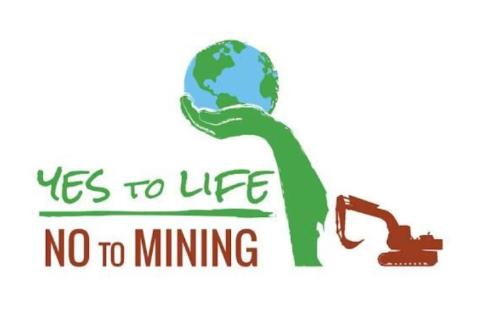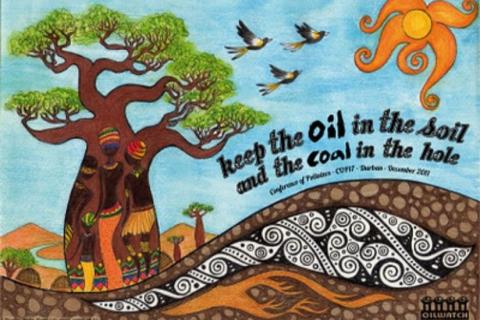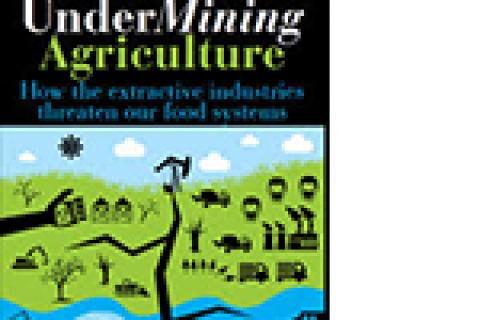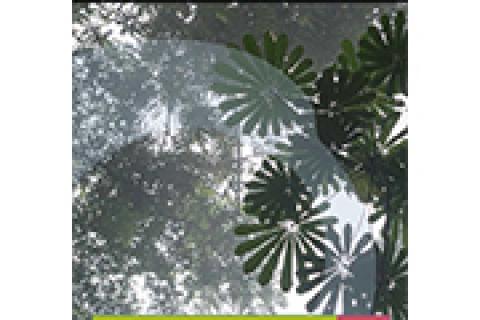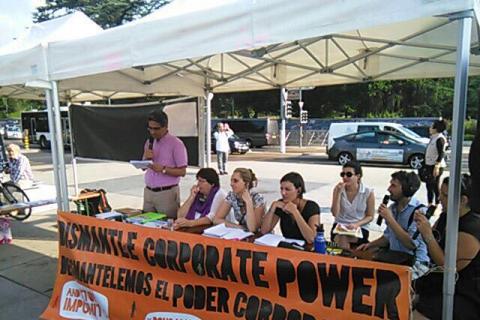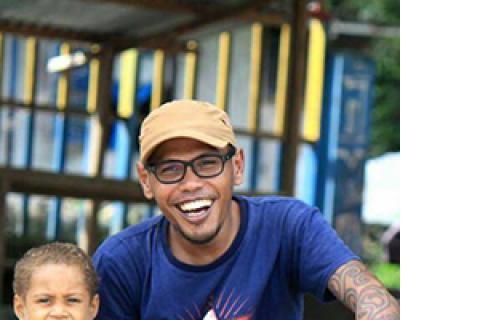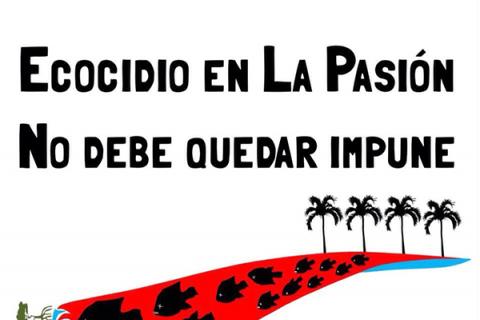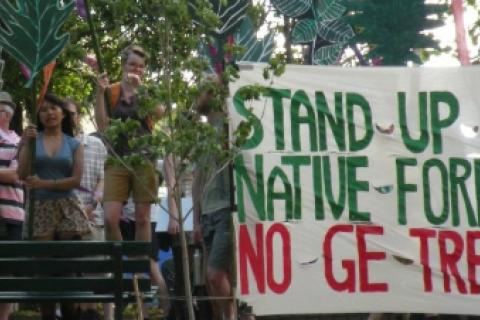A film from “The Source Project” looks at how communities in the Karamoja region of Uganda have been organising along with the Uganda Land Alliance to ensure that their communal land rights are respected, in the face of large-scale land acquisitions for mineral exploitation.
Other information
Minerals of all different kinds (there could be more than 10 varieties in one Smartphone alone) are mined in different countries - from tantalum in the Congo to tin in the Philippines -, then shipped or trucked around the planet to manufacturing hotspots. It is estimated that mining activities will triple worldwide by 2050, spreading into more forests and coastal areas, indigenous territories, nature parks and protected sites.
India is the second largest exporter of granite, much of which ends up on the European market. The main buyers of granite are the construction sector, the funeral industry and the retail sector (kitchen countertops, garden ornaments, etc.) However, most importers of Indian granite give no information from which quarries they are sourcing their granite or say they do not know from which quarries the stone comes from.
Members of African and UK civil society and communities sent a letter to the “Mining on Top Africa: London Summit” – a decisive conference on African mining for Europe that took place on June 24 and 25 - accentuating how the introduction of large-scale mining in Africa has made many communities to face displacement, poverty, illness, massive pollution, loss of fertile agricultural and ancestral land, destruction of livelihoods and culture.
Conceived in 2012 by a group of individuals, organisations and networks, the “Yes to Life, No to Mining” movement is committed to take action against the increasingly devastating impact of the mining industry. They seek to connect communities saying NO to mining across the planet in order to collaborate through solidarity and support one another to stand firm. Through the website, they share useful materials and provide a space through which they share stories of resistance, success and struggle.
Members of Oilwatch Africa network met in Lome, Togo, on 9 June 2015, to discuss the implications of the world’s dependence on fossil fuels on climate, food sovereignty, nutrition and well-being in Africa. The conference particularly examined the environmental and socio-economic impacts of oil, gas and coal extraction, as well as the impacts on food production, water pollution, deforestation and the growing trend of land grabbing on the continent.
A recent report from the GAIA Foundation and allies exposes how the world's food production and millions of small farmers and communities are under increasing threat from the rapid expansion of mining. The report looks at: “the real impact of mining - from prospecting and operations right through to closure - on agriculture, food production, soil fertility, fresh water systems, the air that we breathe, and our already challenged climate. Without healthy ecosystems there can be no healthy food.
By Friends of the Earth US, Environmental Rights Action, Nigeria.
Press Release, Geneva, JULY 6, 2015
United Nations Human Rights Council: Social Movements support a binding treaty that will create obligations for transnational corporations to respect human rights
Global Voices online, 12 June 2015.
Friends of Jopi Peranginangin, an Indonesian environmentalist who was stabbed and killed in a bar in south Jakarta, are asking the government to lead a quick and transparent murder investigation. They fear the murder is related to his activism. To monitor the case, his friends and supporters have launched a campaign called “Solidaritas4Jopi” (Solidarity for Jopi).
Only available in Spanish.
Comunicado internacional.
Ante los hechos ocurridos en el río La Pasión, en Sayaxché, Petén, Guatemala en donde se ha registrado la muerte masiva de peces y otras especies en su cauce (se habla de afectaciones de hasta 105 kilómetros de contaminación) expresamos:
Campaign to STOP Genetically Engineered Trees.
FOR IMMEDIATE RELEASE
IUFRO Tree Biotechnology Conference Denounced for Promoting GMO Trees

